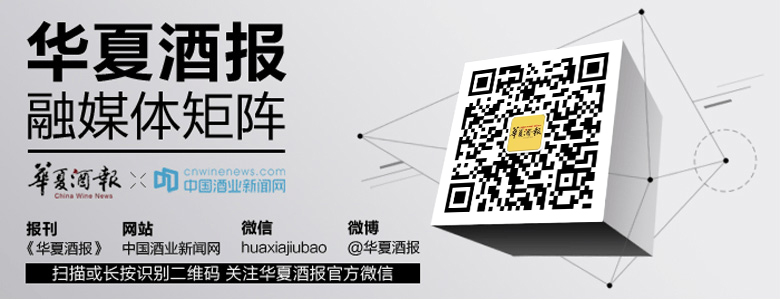Bordeaux Wine Council (CIVB) has opened a representative office in Shanghai, as it ramps up efforts to drive Bordeaux exports in mainland China in absence of competitors from Australia.
The opening of the office comes at a time when Bordeaux, arguably the most known wine category in China, is handed with historic opportunities in the market when France again became China’s biggest wine exporter, bypassing the tariff-saddled Australia.
China imported more French wine in the first half of 2021, 57.01% increase in value and a 16.62% increase in volume over the same period last year, pushing up its market share in China to over 40%.
The new office headed by Morgane Yang aims to establish more communication channels to facilitate sales and commerce, introducing more modern and affordable Bordeaux wines to the Chinese market, according to the trade association.
As CIVB President Bernard Farges explains on the opening, Bordeaux will be pivoting to introducing better value Bordeaux wines to the Chinese market, a new strategy to diversity Bordeaux wine range beyond the classified growths.
“CIVB will put more efforts in promotion in China and bring in Bordeaux wines of more styles, of more value, and suitable to various consumer groups,” says the association.
The trade org representing over 7,000 members and producers will launch a series events to introduce Bordeaux wines to different Chinese regional cuisine, female wine drinkers and younger consumers to showcase “young, modern, simple, and sustainable” Bordeaux wines.
The strategic change in promotion according to the association also reflects Bordeaux’s changing viticulture and winemaking styles.
The Institut National de l’Origine et de la Qualité (INAO) has approved six new grape varieties to be used in Bordeaux wines as a way to combat global warming. Inside wine cellars, more and more winemakers are using concrete vats or amphorae for example to maximize the preservation of natural fruitiness from grapes rather than barriques; for packaging, labels are enriched with character and color. Today, 75% of surface area of the vineyard is certified with a sustainable certification.
The opening of the new office likely means CIVB’s closer collaboration with local Chinese authorities to fight counterfeit Bordeaux wines in the Chinese market.
Earlier as we have reported China just busted its largest fake Bordeaux wine operation involving RMB 300 million (US$46.5 million) worth of counterfeit Bordeaux wines.
Bordeaux obtained GI recognition for ‘BORDEAUX 波尔多’ in 2012 in China and its official trade body CIVB has been applying intellectual property rights for close to 50 Bordeaux GIs within China’s legal framework since 2011.

